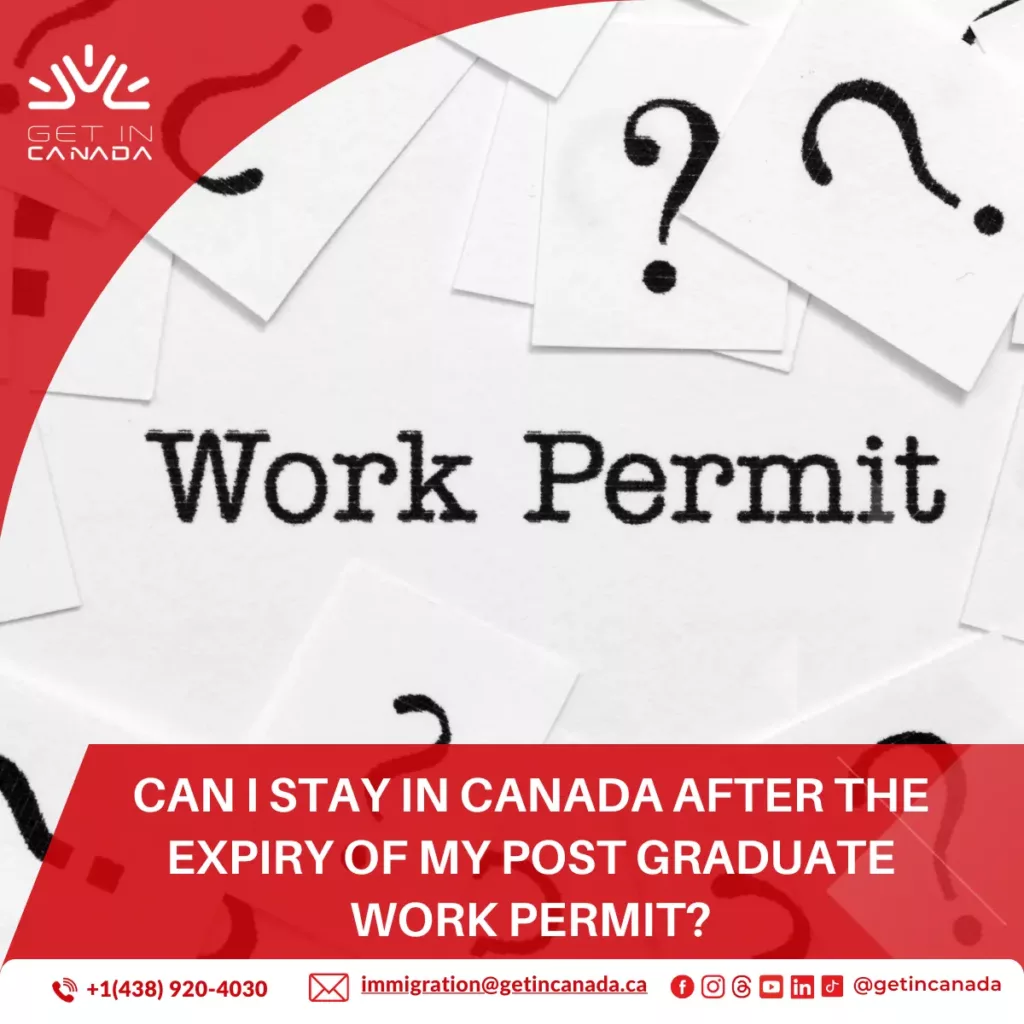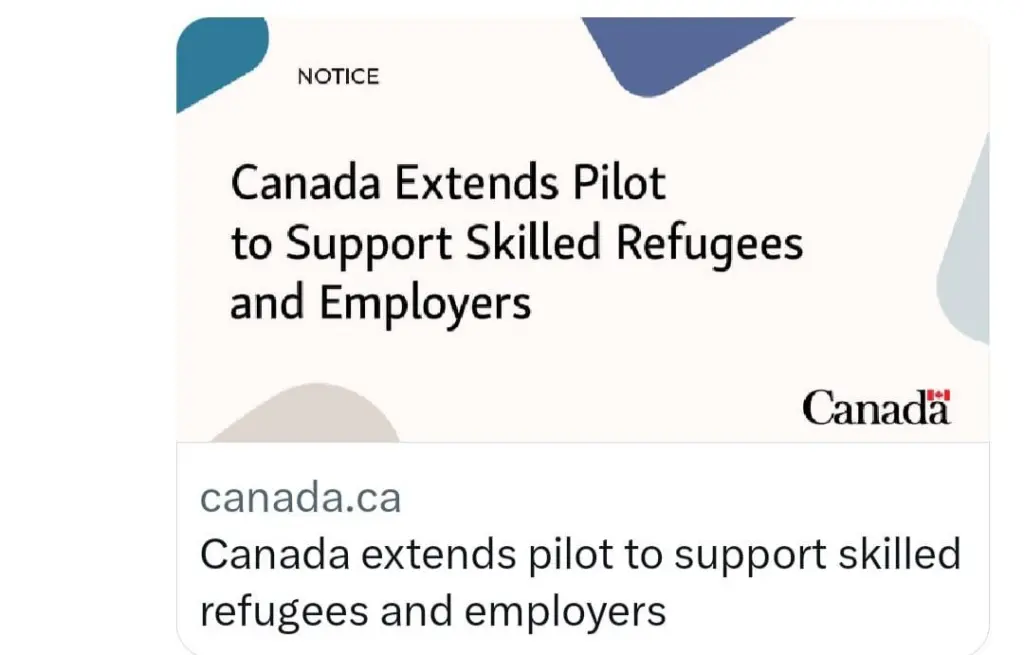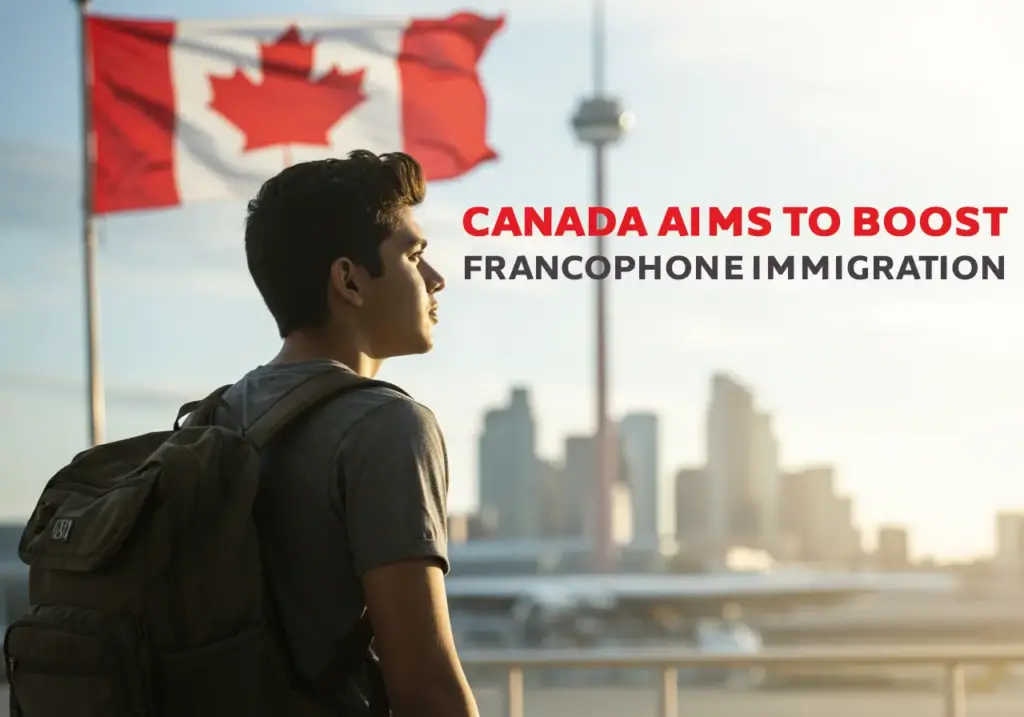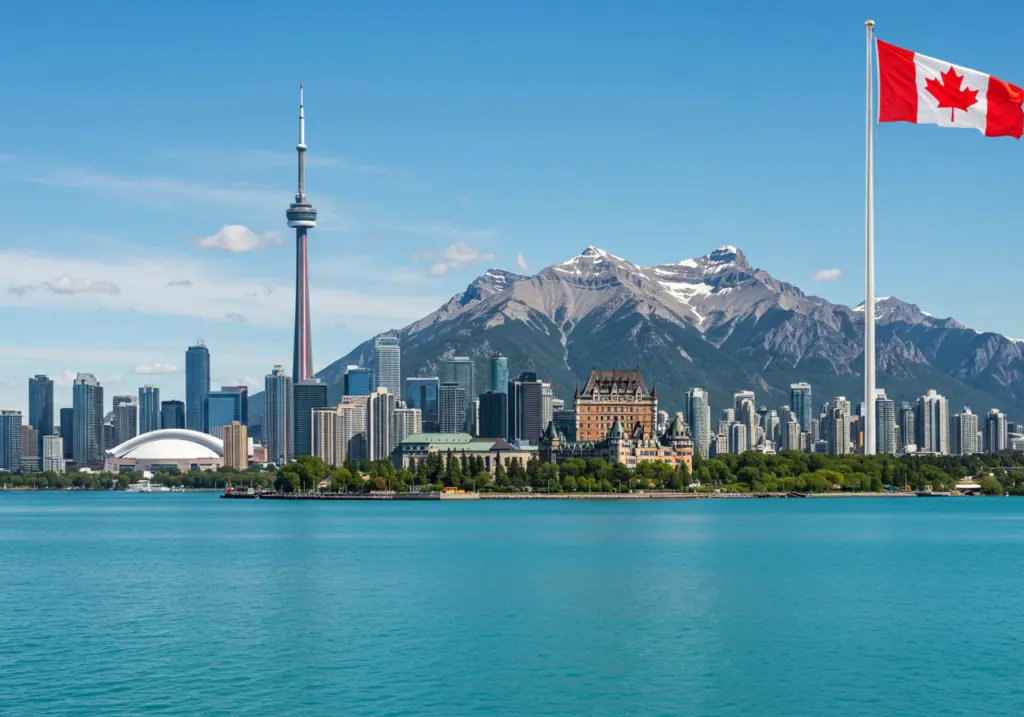Can I stay in Canada after the expiry of my Post Graduate Work Permit?
Navigating life after the expiration of a Post-Graduate Work Permit (PGWP) in Canada can be a daunting prospect. In this blog, we delve into the various avenues and strategies available to individuals seeking to extend their stay in Canada beyond the termination of their PGWP. From alternative visa options to bridging work permits, discover the potential pathways to continue your journey in this vibrant country even after your initial permit comes to an end.

What are the Post-Graduation work permits?
The Post-Graduation Work Permits enable graduates from approved Canadian designated learning institutions (DLIs) to acquire an unrestricted work permit, allowing them to gain valuable work experience in Canada after completing their studies.
The PGWP lasts for a period starting from 8 months up to 3 years as it changes according to the study permit period, your PGWP can’t last more than your study program period.
Find out if you are eligible to get in Canada →
Can I stay in Canada after the expiry of my Post Graduation Work Permit?
As the PGWP can’t be extended except under specific circumstances, there are several ways you can stay in Canada after the expiry of your post-graduate work permit and we will discuss each one with all that you need to know about each way:
1. Rural and Northern Immigration Pilot (RNIP)
The Rural and Northern Immigration Pilot (RNIP) 2023 is a community-driven initiative in Canada, aimed at smaller communities. It offers a pathway to permanent residency for skilled foreign workers. To qualify, candidates must meet specific criteria such as having a job offer in a designated community, work experience, language proficiency, educational qualifications, financial stability, and a genuine intention to live in and contribute to the community. The program requires a recommendation from a participating community and involves a rigorous selection process based on various factors, including ties to the community and job relevance. Selected communities include North Bay, Sudbury, and Thunder Bay, among others.
2. Provincial Nominee Programs (PNPs)
The Provincial Nominee Program (PNP) in Canada is a key pathway for permanent residency nomination based on a province’s economic needs. Each region has its own PNP tailored for skilled workers, entrepreneurs, and students. Successful PNP nominees gain extra points in the Express Entry system, fast-tracking their residency process. The application involves steps such as finding the right PNP, province application, obtaining a nomination, applying for residency, undergoing checks, and completing the landing process. PNP suits those with regional ties, with criteria varying by area, focusing on work experience, education, and language skills. Applicants can choose between Express Entry or non-Express Entry routes, allowing direct province contact or profile indication. Ultimately, PNPs offer immigration opportunities aligned with regional needs and diverse applicant qualifications.
3. Atlantic Immigration Program (AIP)
The Atlantic Immigration Program (AIP) targets attracting individuals to settle in Canada’s Atlantic region by aiding local businesses. It lets designated employers recruit globally, aiding population growth and workforce enhancement. Candidates need a job offer and a settlement plan, with employers exempt from the LMIA process. Settlement support aids immigrant integration.
Employers with urgent vacancies can secure expedited work permits. Employers must commit to newcomers’ integration for designation.
Candidates must meet work, education, language, and settlement criteria, with special considerations for international graduates. They apply to designated Atlantic Canadian employers. Criteria involve specific work experience and education, aligned with NOC TEER categories. Language proficiency varies based on job categories, and settlement funds are needed unless applicants work in Canada with valid permits.
4. Enroll in a new post-secondary program
Enrolling in a fresh post-secondary program in Canada provides an opportunity to stay in the country and work part-time for up to 20 hours per week. For those eligible for Express Entry but awaiting an Invitation to Apply (ITA), this could serve as a temporary means to stay in Canada.
However, it’s crucial to understand that if your work permit has expired, or if you no longer maintain valid status, continuing employment in Canada isn’t permissible. Valid status is necessary to stay and work in the country.
5. Work permit
Most work permits typically demand employers to undergo the extensive and costly process of acquiring a Labour Market Impact Assessment (LMIA).
Yet, there exist alternative routes to secure a work permit that sidestep the need for an LMIA. Canada’s International Mobility Program (IMP) grants Canadian employers the opportunity to hire temporary foreign workers without requiring an LMIA. To qualify for an LMIA-exempt work permit, the work must offer broader economic, cultural, or competitive advantages for Canada, with reciprocal benefits for Canadians and permanent residents.
Moreover, if you’re eligible to apply for permanent residency before your Post-Graduation Work Permit (PGWP) expires, you might also qualify for a bridging open work permit. This special permit allows you to continue working while awaiting the finalization of your permanent residency application.
As you explore options to stay in Canada beyond your Post-Graduate Work Permit’s expiration, remember various pathways exist, like further education, alternative visas, or bridging work permits. Stay informed, consult experts, and leverage resources for a well-informed decision about your future in this diverse country. While your journey began with a work permit, many opportunities await to continue contributing to Canada’s vibrant landscape.











